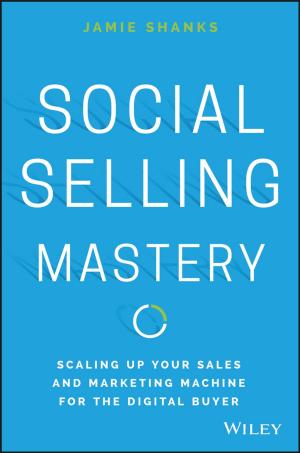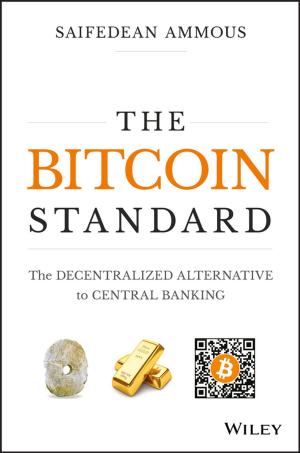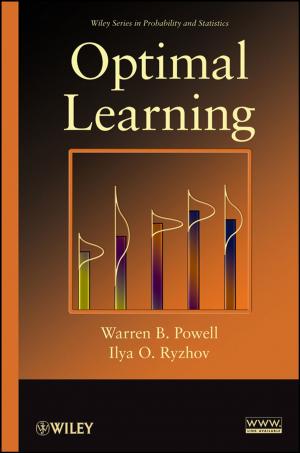| Author: | Alex Goody | ISBN: | 9780745637280 |
| Publisher: | Wiley | Publication: | April 25, 2013 |
| Imprint: | Polity | Language: | English |
| Author: | Alex Goody |
| ISBN: | 9780745637280 |
| Publisher: | Wiley |
| Publication: | April 25, 2013 |
| Imprint: | Polity |
| Language: | English |
Technology, Literature and Culture provides a detailed and accessible exploration of the ways in which literature across the twentieth century has represented the inescapable presence and progress of technology. As this study argues, from the Fordist revolution in manufacturing to computers and the internet, technology has reconfigured our relationship to ourselves, each other, and to the tools and material we use.
The book considers such key topics as the legacy of late-nineteenth century technology, the literary engagement with cinema and radio, the place of typewriters and computers in formal and thematic literary innovations, the representations of technology in spy fiction and the figures of the robot and the cyborg. It considers the importance of broadcast technology and the internet in literature and covers major literary movements including modernism, cold war writing, postmodernism and the emergence of new textualities at the end of the century.
An insightful and wide-ranging study, Technology, Literature and Culture offers close readings of writers such as Virginia Woolf, Samuel Beckett, Ian Fleming, Kurt Vonnegut, Don DeLillo, Jeanette Winterson and Shelley Jackson. It is an invaluable resource for students and scholars alike in literary and cultural studies, and also introduces the topic to a general reader interested in the role of technology in the twentieth century.
Technology, Literature and Culture provides a detailed and accessible exploration of the ways in which literature across the twentieth century has represented the inescapable presence and progress of technology. As this study argues, from the Fordist revolution in manufacturing to computers and the internet, technology has reconfigured our relationship to ourselves, each other, and to the tools and material we use.
The book considers such key topics as the legacy of late-nineteenth century technology, the literary engagement with cinema and radio, the place of typewriters and computers in formal and thematic literary innovations, the representations of technology in spy fiction and the figures of the robot and the cyborg. It considers the importance of broadcast technology and the internet in literature and covers major literary movements including modernism, cold war writing, postmodernism and the emergence of new textualities at the end of the century.
An insightful and wide-ranging study, Technology, Literature and Culture offers close readings of writers such as Virginia Woolf, Samuel Beckett, Ian Fleming, Kurt Vonnegut, Don DeLillo, Jeanette Winterson and Shelley Jackson. It is an invaluable resource for students and scholars alike in literary and cultural studies, and also introduces the topic to a general reader interested in the role of technology in the twentieth century.















